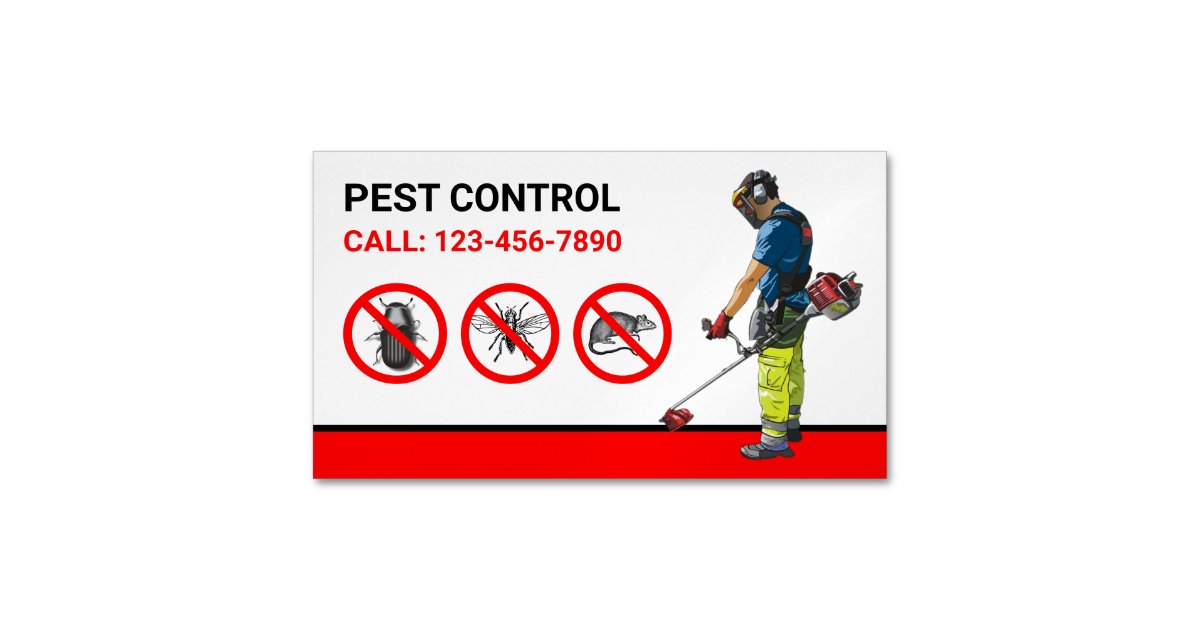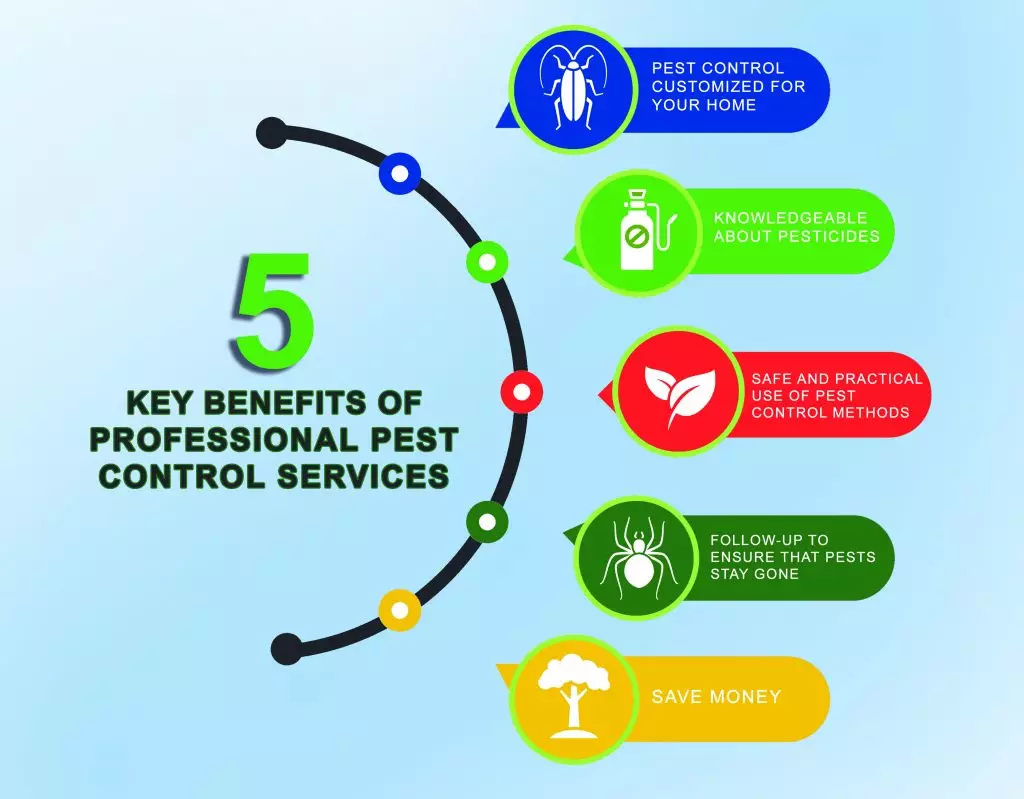Comprehending the Numerous Strategies to Bug Control: A Comprehensive Overview
All-natural Pest Control Methods
Utilizing environmentally friendly techniques such as friend planting and biological parasite control is crucial for successfully handling pests in farming settings. Friend growing involves expanding various crops in closeness to discourage pests, improve nutrient uptake, and improve total crop health.
Organic bug control includes introducing all-natural predators or virus to control pest populaces. Ladybugs, for instance, prey on aphids, managing their numbers without the demand for chemical pesticides. One more instance is the use of Bacillus thuringiensis (Bt), a microorganism that targets specific insect bugs while being harmless to people, pets, and useful pests.
These environmentally friendly approaches not only minimize the reliance on artificial chemicals but likewise aid preserve biodiversity and soil health. By integrating all-natural bug control approaches into farming techniques, farmers can achieve lasting pest administration while decreasing unfavorable effect on the atmosphere.

Chemical Bug Control Solutions
Along with all-natural insect control approaches, the usage of chemical bug control remedies plays a substantial function in properly managing pest populations in agricultural environments. Chemical insect control options are developed to target details parasites that might create extensive damage to crops. These solutions usually contain synthetic chemicals that are made to eradicate pests quickly and efficiently.
Among the vital benefits of chemical parasite control options is their performance in managing bug invasions widespread. Farmers can apply these remedies making use of numerous techniques such as spraying, fumigation, or seed therapy to shield their plants from damaging bugs, weeds, and diseases. In addition, chemical parasite control options are fairly easy to use and can supply fast results, aiding farmers secure their yields and minimize financial losses.
However, it is important to utilize chemical pest control remedies sensibly to minimize prospective negative effect on the environment, non-target microorganisms, and human health. Appropriate application strategies, adherence to security guidelines, and routine surveillance are important to ensure the accountable use of chemical bug control remedies in agricultural techniques.
Biological Bug Control Approaches
Biological bug control comes close to take advantage of all-natural predators or microorganisms to take care of insect populaces in farming settings properly. This method uses a lasting and environment-friendly remedy to pest management, lowering the dependence on synthetic chemicals and decreasing harm to the atmosphere. One typical organic control approach is the introduction of all-natural adversaries, such as ladybugs or parasitic wasps, to target certain parasites. These killers feed upon the bugs, helping to manage their populaces normally - pest control clovis.
An additional biological control approach includes making use of microorganisms like bacteria, infections, or fungi to infect and eliminate bugs. Overall, biological parasite control techniques offer a lasting and targeted solution to pest administration in agriculture.
Integrated Bug Management (IPM)
Integrated Bug Management (IPM) is a detailed strategy that integrates numerous pest control methods to effectively handle and decrease pest populations in agricultural systems. IPM concentrates on lasting prevention of bugs via a combination of biological, social, physical, and chemical control approaches. By integrating these different strategies, IPM aims to decrease dependence on chemical pesticides, decrease ecological impact, and promote sustainable bug monitoring practices.
One key element of IPM is making use of organic controls such as natural predators, parasites, and microorganisms to control bug populaces. This approach harnesses the power of nature to maintain a balance between bugs and their all-natural enemies without causing harm to the atmosphere.
Furthermore, IPM includes cultural methods like plant turning, hygiene, and environment adjustment to create unfavorable conditions for pests and interrupt their life process. Physical controls such as catches, obstacles, and mulches are also made use of to stop parasite problems.
Physical and mechanical Bug Control Methods
Utilizing non-chemical methods, such as physical and mechanical bug control techniques, is a critical facet of detailed insect management approaches, constructing upon the foundation of Integrated Pest Monitoring's alternative approach. Mechanical parasite control includes making use of physical obstacles or traps to prevent parasites from accessing and damaging plants or structures. This technique can consist of methods like installing displays on windows, making use of row covers in agriculture, or using sticky traps to capture bugs.
Physical parasite control techniques, on the various other hand, concentrate on straight getting rid of parasites with physical methods. For circumstances, making use of why not check here warm therapies to eliminate bed pests or vacuuming up insects like ants or spiders can be efficient means to handle problems without making use of chemicals. By incorporating these physical and mechanical parasite control techniques right into an Integrated Parasite Management plan, professionals and individuals can minimize dependence on pesticides while still successfully taking care of pest populations and reducing damage.
Final Thought

In addition to all-natural pest control techniques, the use of chemical parasite control remedies plays a considerable role in efficiently taking care of pest populations in farming atmospheres.One of the key advantages of chemical parasite control services is their efficiency in managing pest problems on a big range.Integrated Bug Management (IPM) is a thorough technique that combines different pest control methods to efficiently take care of and minimize pest populaces in farming systems.Utilizing non-chemical techniques, such as mechanical and physical insect control strategies, is an important facet of comprehensive read what he said bug monitoring techniques, developing upon the structure of Integrated Pest Administration's all natural strategy. By incorporating these physical and mechanical parasite control techniques into an Integrated Insect Administration strategy, experts and people can lower dependence on chemicals while still efficiently minimizing and managing pest populations damage.